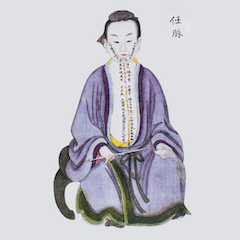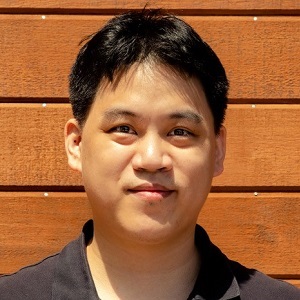
There are many schools of thought, methods both ancient and modern, practices based on lineage and those idiosyncratically synthetic. It is easy to think that what you understand is correct, and all too often medicine is practiced with a bit of an attachment to dogma. But biases are dangerous, and they narrow your field of vision—influencing your work as a practitioner. Plus, what happens when the bias or dogma is shattered?
In this conversation with Allen Tsaur, we discuss some of his translation projects of classical Chinese Medicine writing and interpreting old resources. When we borrow from ancient wisdom and Chinese Medicine ideologies it is vitally important to consider the historical context. What questions were the practitioners trying to answer in their time? What were the environmental and cultural conditions that gave rise to their perspectives?
Listen into this discussion as we mull over topics surrounding the process of translating historical messages, the issue of dogma, and learning from crisis moments.
While reading medical treatises and commentaries, it is important to consider the historical context of its days as well as the mainstream practice of its time; otherwise, we may take the words of historical authors too literally and arrive at an incomplete perception of what they were arguing for.

Allen Tsaur, D.OM., L.Ac., Dipl.OM
Allen Tsaur, D.OM., L.Ac., Dipl.OM, received his doctoral degree in Oriental Medicine from Maryland University of Integrative Health and currently practices in Maryland. Besides his institutional training, Allen is also well versed in Master Tung’s Acupuncture System and “Jing Fang” Classical Herbal Medicine from his postgraduate studies.
Allen currently serves as a faculty member in the DAOM program at Academy of Chinese Culture & Health Sciences (ACCHS), lecturing on textural studies and historical development of medical concepts in canonical literature. In collaboration with Michael Brown and Purple Cloud Press, Allen has translated, edited, and published Explanations of Channels and Points Vol. 1 & Vol. 2, Complete Compendium by Zhang Jingyue Vol. 1-3, as well as a number of contemporary Daoist commentaries. In addition, he was the chief editor for Huang Huang’s Guide to Clinical Application of Jingfang, 4th edition, bilingual edition.